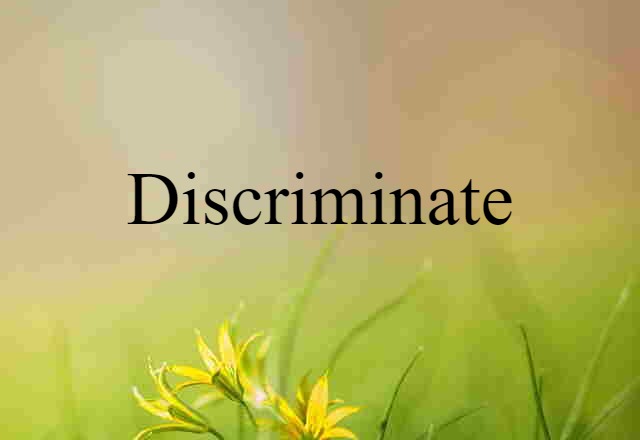- all the parts of a thing taken together, so that each part is considered only in relation to the whole.
- the entire costume of an individual, especially when all the parts are in harmony: She was wearing a beautiful ensemble by one of the French designers.
- a set of furniture.
- Music.
- the united performance of an entire group of singers, musicians, etc.
- the group so performing: a string ensemble.
- a group of supporting entertainers, as actors, dancers, and singers, in a theatrical production.
- all the parts of something considered together and in relation to the whole
- a person's complete costume; outfit
- the cast of a play other than the principals; supporting players
- (as modifier)
- music
- a group of soloists singing or playing together
- (as modifier)
- the degree of precision and unity exhibited by a group of instrumentalists or singers performing together
- the general or total effect of something made up of individual parts
- physics
- a set of systems (such as a set of collections of atoms) that are identical in all respects apart from the motions of their constituents
- a single system (such as a collection of atoms) in which the properties are determined by the statistical behaviour of its constituents
- all together or at once
- (of a film or play) involving several separate but often interrelated story lines
- involving no individual star but several actors whose roles are of equal importance
















